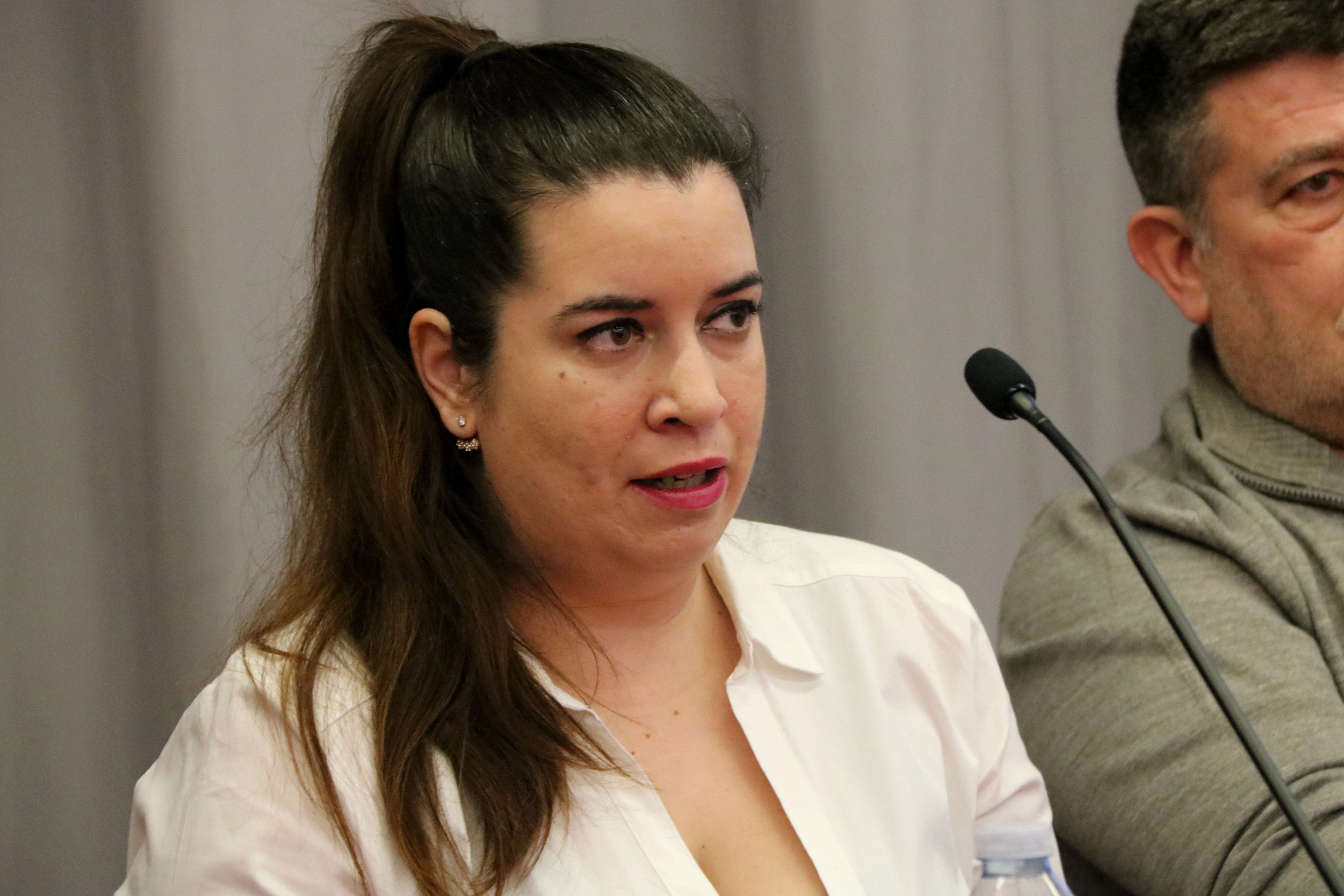Her controversial case - with an initial terrorism charge and under house arrest in her hometown before the case was thrown out by a judge - is one of the few judicial victories for Catalan pro-independence forces. But Spanish prosecutors are refusing to admit defeat and they want pro-independence activist Tamara Carrasco to be convicted. Despite being prohibited from leaving her town for a whole year while accused of terrorism, the CDR (Committee for the Defence of the Republic) activist eventually went to trial on a public disorder accusation and in the end the court acquitted her.
Her lawyer, Benet Salellas, told ElNacional.cat that this insistent action by the public prosecutor's office is a clear attempt to criminalize and deactivate protest: "This is the first case arising from this police report [on alleged CDR actions] on which the Supreme Court will rule. Technically, they shouldn't back it, but I would say this is pure criminal politics. There's a desire to set a clear precedent that will discourage certain messages."
The prosecution argues in the appeal that Carrasco incited people to commit public disorder in a Whatsapp audio message.
The prosecution has not given up and has filed an appeal to reopen the case and attempt to convict Carrasco. This had already been announced in February after the Barcelona high court rejected its appeal against Carrasco’s acquittal by a Barcelona criminal court for inciting public disorder, for which she faced a possible seven months in prison.
The court found that she did not incite to commit public disorder in March 2018 through an audio in a Whatsapp group. The decision stressed that sharing the message in the group does not imply that public dissemination of the message took place and added that the voice message did not call for participation in the actions that took place on those days, which it describes as public disorder.
After the Barcelona Audience slammed the door on the case, prosecutors appealed to the Supreme Court, moving up the judicial ladder, to re-judicialize another part of the independence process - this time CDR activism and, in this specific case, Tamara Carrasco, who become a symbol of the independence struggle and police repression of the Spanish state after 1st October.
Carrasco's case
Tamara Carrasco was arrested by the Civil Guard on April 10th, 2018 and transferred to Madrid to be investigated by the National Audience court for the crimes of rebellion and terrorism. In November, the National Audience judge Diego de Egea decided to set aside the accusations of terrorism and rebellion and send the case to the Catalan courts for a crime of public disorder. In spite of this downgrading of the charge, he again ordered Carrasco to stay within the confines of her town of Viladecans.
Six months later, and after intense debates between different courts, the Barcelona Audience agreed that it was the Court of Instruction number 24 of Barcelona and not that of Gavà which would take charge of the case against Carrasco. At the end of last May, the investigating judge decided to lift the limitations on her movement, after being deprived of her freedom for almost 14 months, a step he considered disproportionate, although he maintained her status as a person under investigation.

